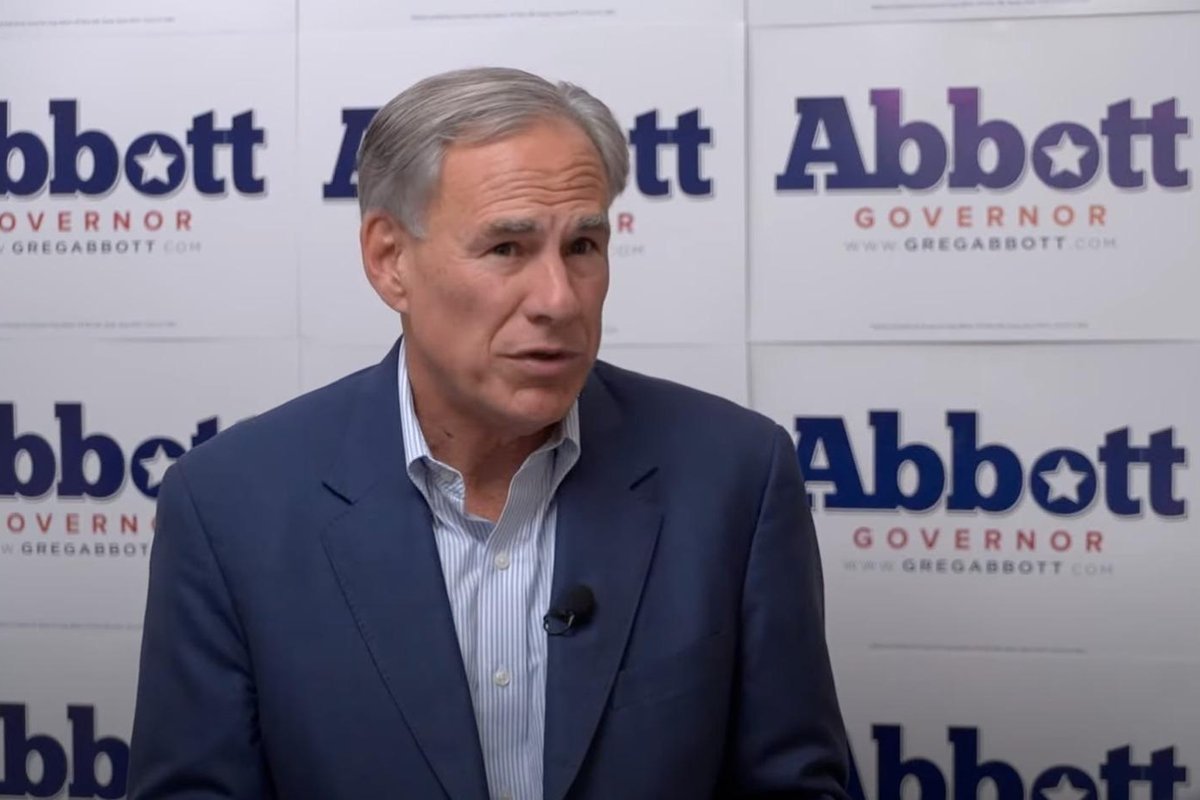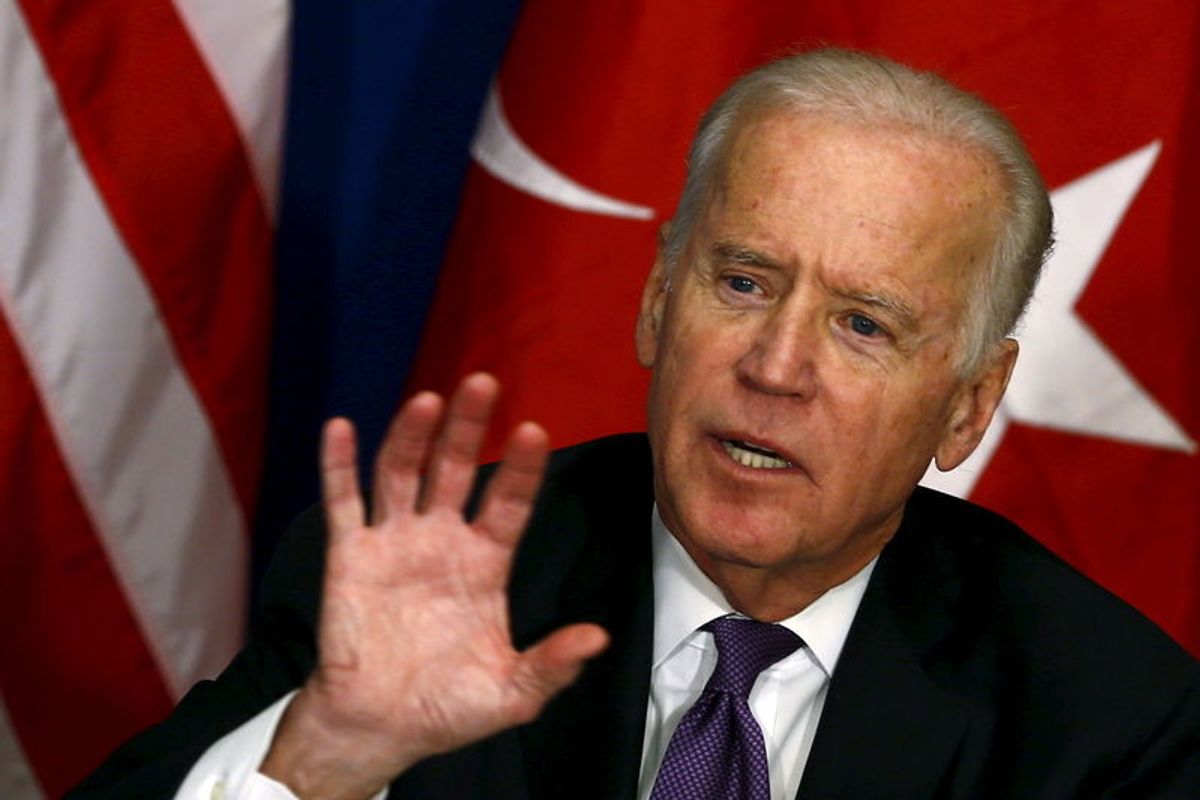
By Sergei L. Loiko, Los Angeles Times
MOSCOW — Russia’s Federation Council, parliament’s upper house, Wednesday revoked its March ruling allowing President Vladimir Putin to use the country’s armed forces in neighboring Ukraine.
The council’s action came a day after Putin asked the legislative body for the change in a letter indicating it would “be aimed at normalizing and resolving the situation in Ukraine’s eastern regions,” said a statement posted on the Kremlin website.
More than 400 people have been killed in the conflict between pro-Russia gunmen and Ukraine’s security forces in the weeks preceding the move, officials said Wednesday.
A senior Ukraine official hailed the decision but demanded more from Moscow.
“It is a positive step,” Ukraine’s Foreign Minister Pavlo Klimkin was quoted by Ukrinform news agency as saying in Brussels. “We demand that Russia make other positive steps including support for the all-embracing peace plan” of President Petro Poroshenko.
Violence and armed clashes engulfed southeast Ukraine and the Donetsk and Luhansk regions in particular since former pro-Moscow President Viktor Yanukovich fled to Russia amid unrest in Kiev.
Russia deployed thousands of troops in Ukraine’s peninsula at the end of February, but its parliament decided to allow Putin to do so on March 1. Two weeks later a referendum was held in the occupied region and Russia annexed Crimea.
Poroshenko last week declared a unilateral cease-fire, proposed a peace plan and sent a delegation to Donetsk to conduct negotiations with the representatives of the self-proclaimed Luhansk and Donetsk people’s republics, which have declared independence from Ukraine and are seeking an alliance with Russia. A Russian ambassador to Ukraine and a representative of the Organization for Security and Cooperation in Europe were brokering the talks.
“So-called ‘hawks’ want quick, tough military actions but others demand large-scale compromise to prevent war at any means,” Poroshenko said in a statement posted on the official presidential website Wednesday. “I will respond to both sides: Our goal is not war. … Our goal is peace but not at any price or on any conditions.”
Both sides have accused each other of repeated cease-fire violations since Poroshenko invoked the unilateral weeklong halt to a government offensive on Friday.
On Tuesday, rebels near the embattled town of Slovyansk shot down a Ukrainian army MI-8 helicopter, killing all nine servicemen on board, said Vladyslav Seleznyov, spokesman for the government operation aimed at recovering separatist-held territory in Ukraine’s Donetsk and Luhansk regions.
Russian lawmakers vowed during their debate over the troop authorization measure to keep an eye out for Ukrainian aggression during the cease-fire period and respond to any violations with force to protect the separatists. But in a sign that Moscow would like to disengage itself from the messy confrontation that is spinning out of its control, Russian Foreign Minister Sergei Lavrov issued a joint appeal with his German counterpart, Frank-Walter Steinmeier, for extending the cease-fire beyond its Friday termination.
The Federation Council decision will help the peace talks underway in Donetsk find a solution that would curb violence, Valentina Matviyenko, the house speaker, said in televised remarks Wednesday, warning that “we will not stand aside if violence and deaths of people continue, if human rights are trampled upon.”
Russian defense expert Viktor Baranets said the Kremlin’s move was intended to cater primarily to public opinion in the West.
“Some pro-independence activists who have demanded Russian armed involvement in eastern Ukraine are now accusing Russia of letting them down, but in the region where there are over 1.5 million able-bodied men, only about 13,000 of them are fighting for independence and for joining Russia with arms in their hands while others just sit and wait for Moscow to come and protect them,” Baranets, a former defense ministry spokesman and now a columnist for a popular daily Komsomolskaya Pravda, said in an interview with the Los Angeles Times.
“However, if things down there go from bad to worse the Kremlin can always send in the troops first and ask the parliament to allow their use afterward, the way it was in Crimea,” Baranets said.
AFP Photo/Bulent Kilic


